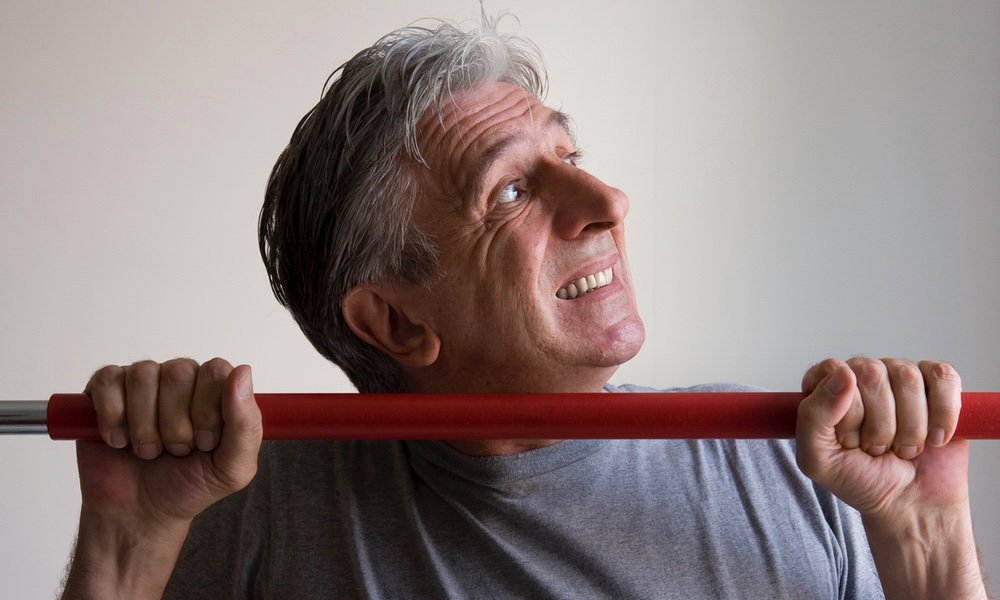This year's World Cup has just wrapped up, and there's good and bad news for players who head the ball. Not all soccer players are affected by heading the ball, but a new study finds that balance is another area where headers affect players' brain function.
There's little question that repetitive soccer heading can cause brain damage. Brain scans show that soccer players who headed the ball most frequently suffered brain changes similar to those seen in traumatic brain injury.
Even mild impacts to the head can cause damage, if they're repeated often enough, leading some to call for a ban on heading among players under 14.Not everyone shows harmful effects from repetitive soccer headings.
Researchers from the University of Delaware looked at the effects of heading on 20 recreational and club soccer players from the university. They found the average player had headed the ball 451 times in the past year.
Part of the testing involved having players walk on a foam pad while a mild current was sent into their inner ear. The inner ear is intimately involved in people's sense of balance, and the current made people feel like they were falling sideways. Players with more frequent headers were more affected by the current, suggesting subtle balance problems. For every 500 headers that a player reported, their compensating foot and hip movements increased slightly.
It's one thing to see a difference in a brain scan and another entirely to note a change in how the brain functions. “At this point, it appears that frequent soccer heading may result in subtle balance impairments,” said co-author Jaclyn Caccese. “The question is, how do we get these really subtle effects and how do they manifest to later life complications?”
Heading the ball is as big a part of soccer as penalty kicks are, yet it isn't even the major cause of soccer concussions. Body contact between players is. So even if headers were banned completely, there would still be plenty of concussions from player collisions.
The study will be presented July 21 at the American Academy of Neurology's Sports Concussion Conference in Indianapolis.





